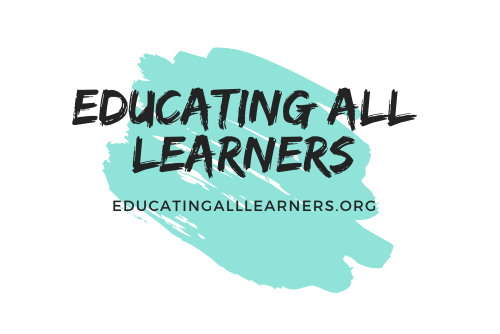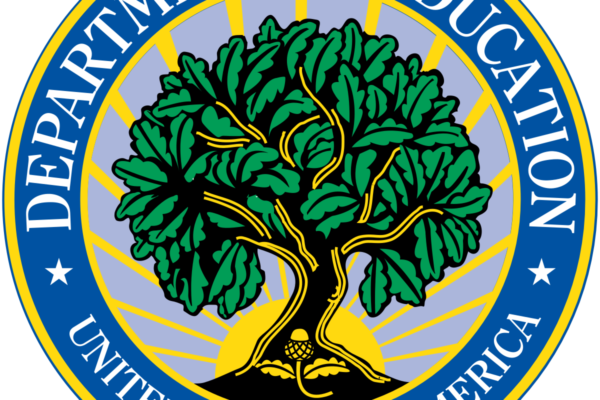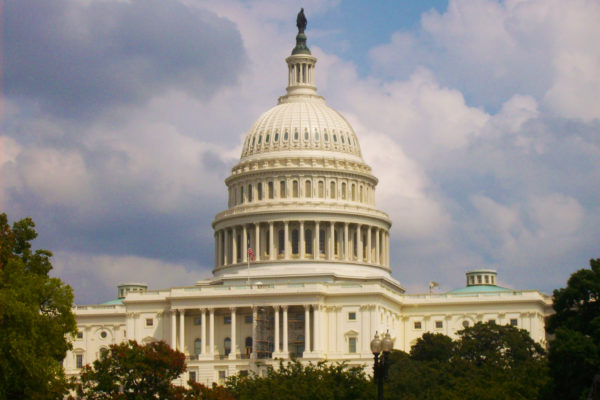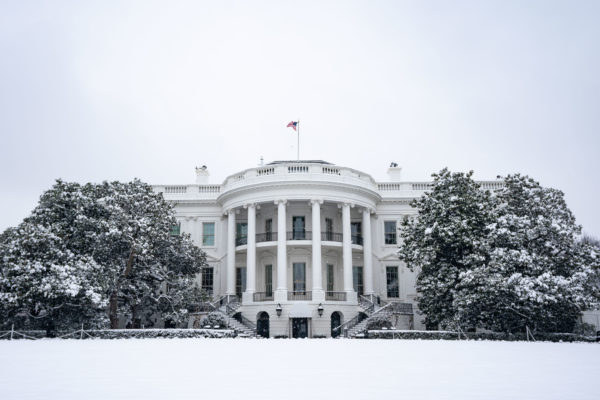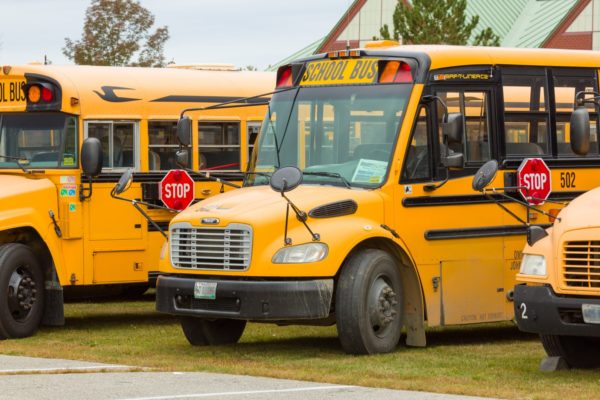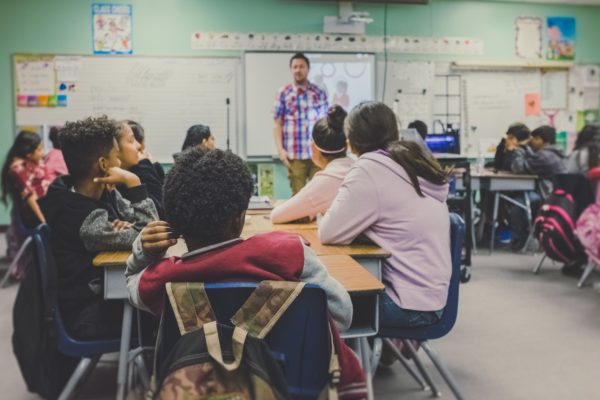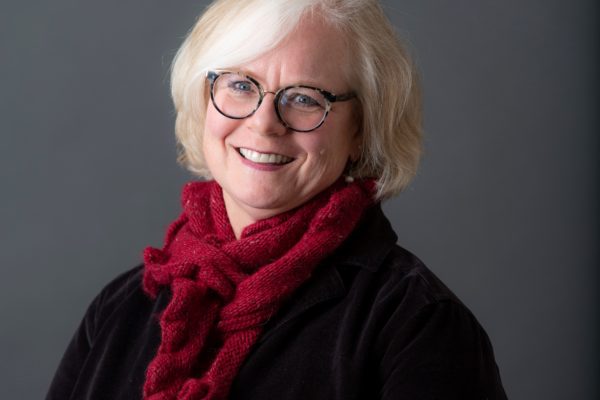As schools move online due to the coronavirus pandemic, an alliance of special education advocacy and innovation organizations is working together on a new resource hub for educators, administrators, families, and students.
On April 3, 2020, the Center submitted a letter to Secretary of Education Betsy Devos urging the Secretary against issuing any waivers under the Individuals with Disabilities Act (IDEA) or the Rehabilitation Act of 1973 (Rehab Act) through the Coronavirus Aid, Relief, and Economic Security (CARES) Act.
The Center is extremely pleased the Department has clarified for states, districts and schools that the federal disability law provides sufficient flexibility to ensure all students, including students with disabilities, can benefit from remote education as communities determine the best approach to instruction during the COVID-19 crisis.
Senate Republicans have introduced the Coronavirus Aid, Relief, and Economic Security Act to support states in their efforts to protect their citizens and to infuse cash into the economy. We wholeheartedly support these efforts. Unfortunately, the bill goes too far by empowering the Secretary of Education to suggest to Congress waivers that would eliminate protections under the Individuals with Disabilities Education Act (IDEA) and the Rehabilitation Act of 1973 (a.k.a. Section 504).
As the world determines how to handle the escalating outbreak of COVID-19, education leaders across the country are facing difficult and enormously impactful decisions. We hope this resource guide will assist educators and school practitioners in developing comprehensive plans for students with disabilities and creating effective and high-quality learning environments for all during this evolving national transition.
With the World Health Organization officially declaring that COVID-19 is a pandemic, a new sense of urgency has been introduced and we anticipate more schools will be closed. With this eventuality in mind, schools must think through the following critical considerations as they develop plans to educate students with disabilities.
The Center calls upon Congress to reject the White House’s Fiscal Year 2021 budget, which proposes to completely decimate federal support for public schools, threatening access for students in every state.
In a statement in response to the Trump Administration’s promotion of the Education Freedom Scholarships program, the Center urged he Administration and Congress to only support regulated school choice so that parents can make decisions that will not limit or eliminate their child’s civil rights.
Together, two recent reports on special education by the US Government Accountability Office (GAO)—Varied State Criteria May Contribute to Differences in Percentages of Children Served (April 2019) and IDEA Dispute Resolution Activity in Selected States Varied Based on School Districts’ Characteristics (November 2019)—highlight the disturbing fact that the structures governing special education can contribute significantly to outcome disparities based on a student’s race and privilege.
The Center is thrilled to announce that Co-Founder and Executive Director Lauren Morando Rhim has been named to the winter 2020 cohort of Pahara-Aspen Education Fellows. This two-year fellowship, a highly selective partnership between the Pahara and Aspen Institutes, brings together innovative and equity-focused education leaders for deep learning, connection, and collaboration aimed at tackling the toughest challenges in public education.
